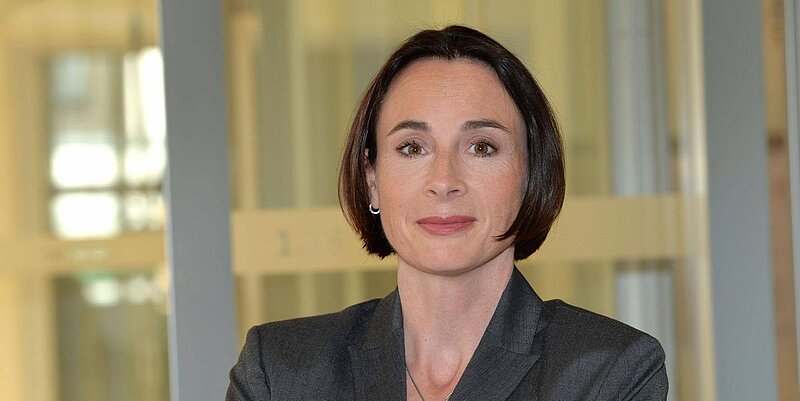
In the Berliner Zeitung, Michaela Kreyenfeld explains why the COVID-19 crisis isn’t likely to cause a baby boom.
While some countries expect an increased birth rate in the coming months due to the lockdown measures during the pandemic, Hertie School Professor of Sociology Michaela Kreyenfeld doubts that there will a baby boom in Germany.
In an interview with German daily Berliner Zeitung, she says there isn’t enough data yet for accurate predictions, but researchers have so far found that family life is likely to have suffered during the coronavirus crisis.
“Divorce and separation rates are more likely to rise than birth rates,” she argues. “It will also depend on how the economic situation develops.”
Since the 1990s, Kreyenfeld adds, there has been a connection between the unemployment rate and birth rate – men and women who experience financial instability will delay starting a family, as they need two incomes to raise children. This trend was confirmed during the global financial crisis in 2008, which led to a decline in birth in several countries, including Greece, Italy and Spain.
Germany, on the other hand, overcame the financial crisis in 2008 relatively well, she says, and the government introduced family policy measures, such as expanded childcare and parental allowance.
“Germany was one of the countries where the birth rate did not decrease during the financial crisis, and it has even increased in recent years,” Kreyenfeld explains. “Childlessness is also declining among female academics. But the [positive] trend could now stagnate depending on how the corona crisis affects unemployment and economic development.”
Read the full interview (in German) here.
More about Michaela Kreyenfeld
-
Michaela Kreyenfeld, Professor of Sociology
